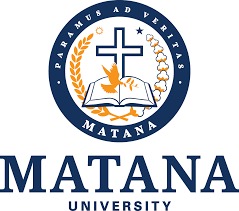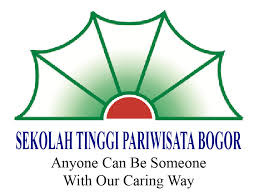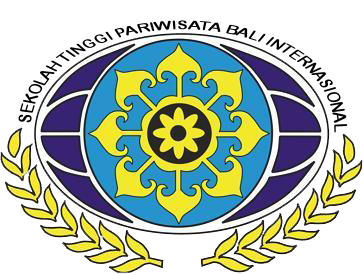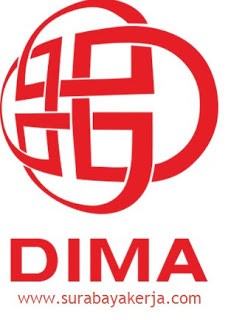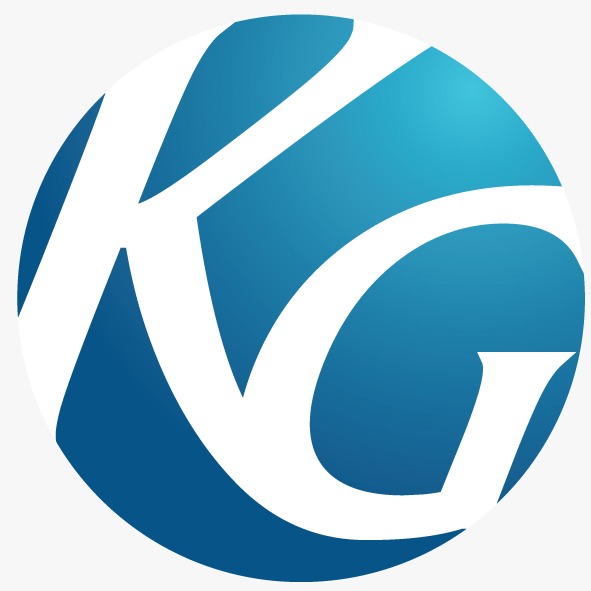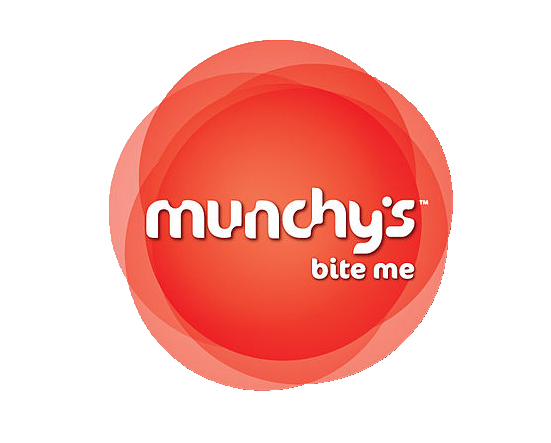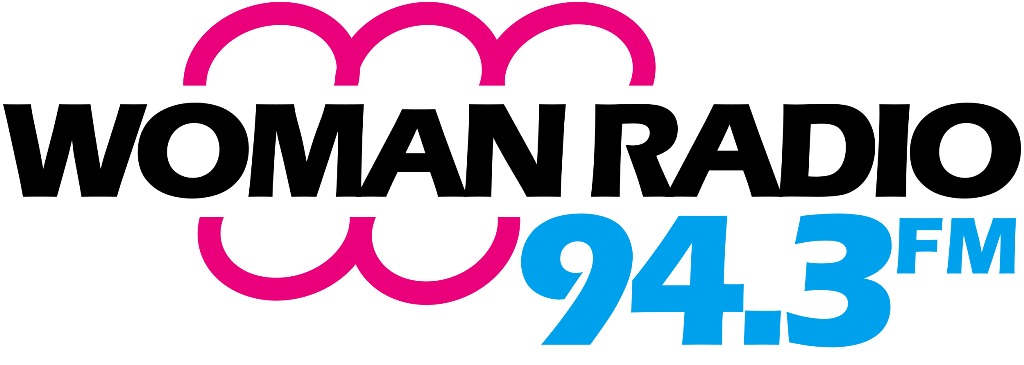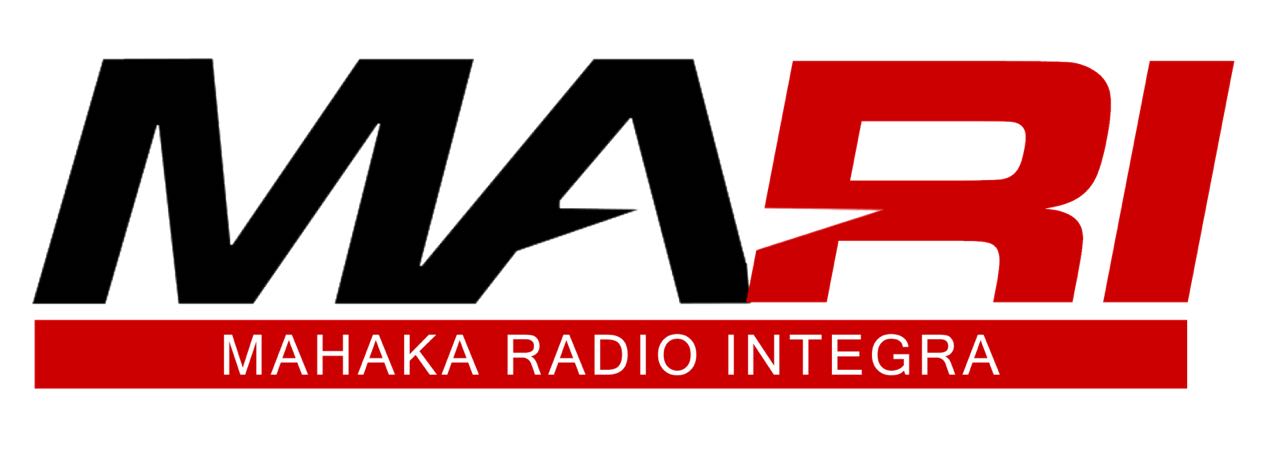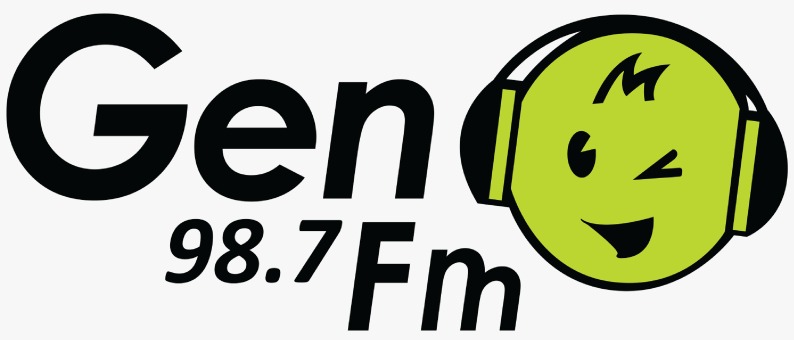EFEKTIFITAS PROGRAM PENGELOLAAN SAMPAH PLASTIC DI HOTEL (STUDI KASUS: PROGRAM “BYE-BYE PLASTIC 2018” DI DOUBLE TREE BY HILTON JAKARTA)
Abstract
ABSTRACT:
Based on Fauzi and Oktavianus (2014), in Indonesia itself the social and economic level in Indonesia is in contrast to environmental development in Indonesia itself. The hospitality industry that operates 24 hours a day starts thinking about ways to reduce waste and they emphasize new practices that can cut their waste disposal costs, protect and conserve nature. Double Tree by Hilton as a five-star hotel tries a new step called "Bye-bye Plastic" as a movement to reduce plastic waste in hotels.
The data in this study are qualitative and use a case study approach. Data collection techniques used are interviews, observations, literature studies, and documents from the Hotel. To measure the level of effectiveness of plastic waste management, especially in the 2018 Bye-bye Plastic Program, the author uses the theory of the Cyprus Sustainable Tourism Initiative Theory (2017) regarding four good waste management steps.
The conclusion of this study is that waste management in Double Tree by Hilton with the Bye-bye Plastic 2018 program is not effective where, from all four stages of waste management, everything has not been done and it works perfectly. Only in the first stage has there been action but the results have not been maximized. The advice that can be given is that the hotel must reevaluate this program, starting from the detailed program planning in advance so that it can save costs and improve the quality of the environment in Double Tree by Hilton Jakarta.
Keywords: Waste Management, Plastic Waste, Hotel
Full Text:
PDFReferences
DAFTAR PUSTAKA
Buku
Alfin, Edward. 2015, Pemanfaatan limbah rumah tangga sebagai bentuk implementas dari pendidikan lingkungan hidup, Universitas Indraprasta.
Bardi, James A. 2010, Hotel Front Office Management, The Pennsylvania State University, United State of America.
Budiyantoro, C. 2010, Thermoplastik dalam Industri, Teknika Media, Surakarta.
Fillaeli, Annisa. 2012, Pengolahan Sampah Plastik Menjadi Produk Kerajinan Tangan, Universitas Negeri Yogyakarta, Yogyakarta.
Isawanto, Sudarmadji dan Wahyuni. 2016, Generation of Household Hazardous Solid Waste and Potential Impacts on Environmental Health in Sleman Regency, Yogyakarta.
Nath, Amar. 2014, Profitability and Sustainability From Waste Management Practices in Hotels and Its Impact on Environment. Jaypee Institute of Imformation Technology, A-10, Sector-62, Noida, India.
Nugroho, Panji. 2013, Panduan Membuat Pupuk Kompoas Cair. Pustaka Baru Press, Jakarta.
Oli, Gopal Singh and B. B. Chhetri. 2015, Hotel management. Buddha publications Pvt. Ltd, Kathmandu.
Purwaningrum, Pramiati. 2016, Upaya Mengurangi Timbulan Sampah Plastik di Lingkungan, Universitas Trisakti, Jakarta.
Sofyan, Lusviminda. 2014, Studi Pengelolaan Sampah Hotel Dan Prospek Pengembangannya di Kota Makassar, Universitas Hasanudin, Makassar.
Sugiyono. 2015, Metode Penelitian Kuantitatif, Kualitatif dan R&D, PT Alfabet, Bandung.
Suyanto, Bagong. 2005, Metode Penelitian Sosial: Berbagai Alternatif Pendekatan. Prenada Media, Jakarta
Jurnal
Alamendah. 2009, Dampak Plastik Terhadap Lingkungan [Online]. Available: https://alamendah.org/2009/07/23/dampak-plastik-terhadap-lingkungan/ [Diakses 10 February 2018]
Alamendah. 2011, Pengertian dan Proses Daur Ulang [Online]. Available: https://alamendah.org/2011/01/22/pengertian-dan-proses-daur-ulang/ [Diakses 10 February 2018]
Ambari. 2017, Sampah Plastik Semakin Ancam Laut Indonesia, Seperti Apa? [Online]. Available: http://www.mongabay.co.id/2017/09/18/sampah-plastik-semakin-ancam-laut-indonesia-seperti-apa/ [Diakses 12 March 2018]
Betty. 2013, Pemaknaan Pesan Iklan Bisnis Indonesia Pada Surat Kabar Harian Bisnis Indonesia. Edisi 16 Januari 2012 (Kajian Semiotika). (Undergraduate Thesis, Universitas Esa Unggul, Jakarta, Indonesia). Diambil dari http://digilib.esaunggul.ac.id/UEU-Undergraduate-universitas-esaunggul-201132119_BETTY/2873
Botol Plastik Bisa Menjadi Sumber Bencana Lingkungan [Online], 2016. Available: http://pusatkrisis.kemkes.go.id/botol-plastik-bisa-menjadi-sumber-bencana-lingkungan [Diakses 21 April 2018]
El-Newehy, Mohamed. 2016, Plastic Waste Management [Online]. Available: http://fac.ksu.edu.sa/sites/default/files/plastic_waste_management.pdf [Diakses 23 February 2018]
Fishbein, M. 2008, Managing Organic Municipal Waste
Fauzi dan Oktavianus. 2014, The Measurement of Sustainable Development in Indonesia.Jurnal Ekonomi Pembangunan, Volume 15, Nomor 1, hal 68-83
Hafidudin. 2014, Eksistensi Budaya Sebambangan (Kawin Lari) Dalam Masyarakat Adat Suku Lampung Pepadun di Kampung Cugah Kecamatan Baradatu Kabupaten Way Kanan Tahun 2012. (S1 Skripsi, Universitas Lampung, Bandar Lampung, Indonesia). Diambil dari http://digilib.unila.ac.id/1733/9/Bab%20III.pdf
Karuniastuti, Nurhenu. 2003, Bahaya Plastik Terhadap Kesehatan dan Lingkungan [Online]. Available: http://pusdiklatmigas.esdm.go.id/file/t2-_Bahaya_Plastik_---_Nurhenu_K.pdf [Diakses 13 March 2018]
Mohan, Vikas. 2017, Reduction and Management of Waste in Hotel Industries, Vol 7, Issue 7, hal 34-37.
Omidiaani, Afsanehsadat dan Seyedmohsen Hashemihezaveh. 2016, Waste Management in Hotel Industry in India. International Hournal of Scientific and Research Publications, Vol 6, Issue 9.
Raban, Mulyaji. 2012, Bahaya Plastik Pembungkus Makanan Bagi Kesehatan [Online]. Available: https://mulyaji.wordpress.com/2012/04/19/bahaya-plastik-pembungkus-makanan-bagi-kesehatan/ [Diakses 13 March 2018]
Tsakona, Maria dan Mavropoulos, Alexandros. 2015, Zero Waste Hotels: Challenges &Opportunities, The Greek Case. D-Waste.
Wahyudi, Ekky, Zultiniar, and Edy Saputra. 2016, Processing of Pollypropylene (PP) Plastic Waste Into Oil Fuel by Catalytic Cracking Method Using Synthetic Catalyst. Jurnal Rekayasa Kimia dan Lingkungan, Vol. 11, No.1, hal 17-23.
DOI: http://dx.doi.org/10.30813/ncci.v0i0.1225
Refbacks
- There are currently no refbacks.

